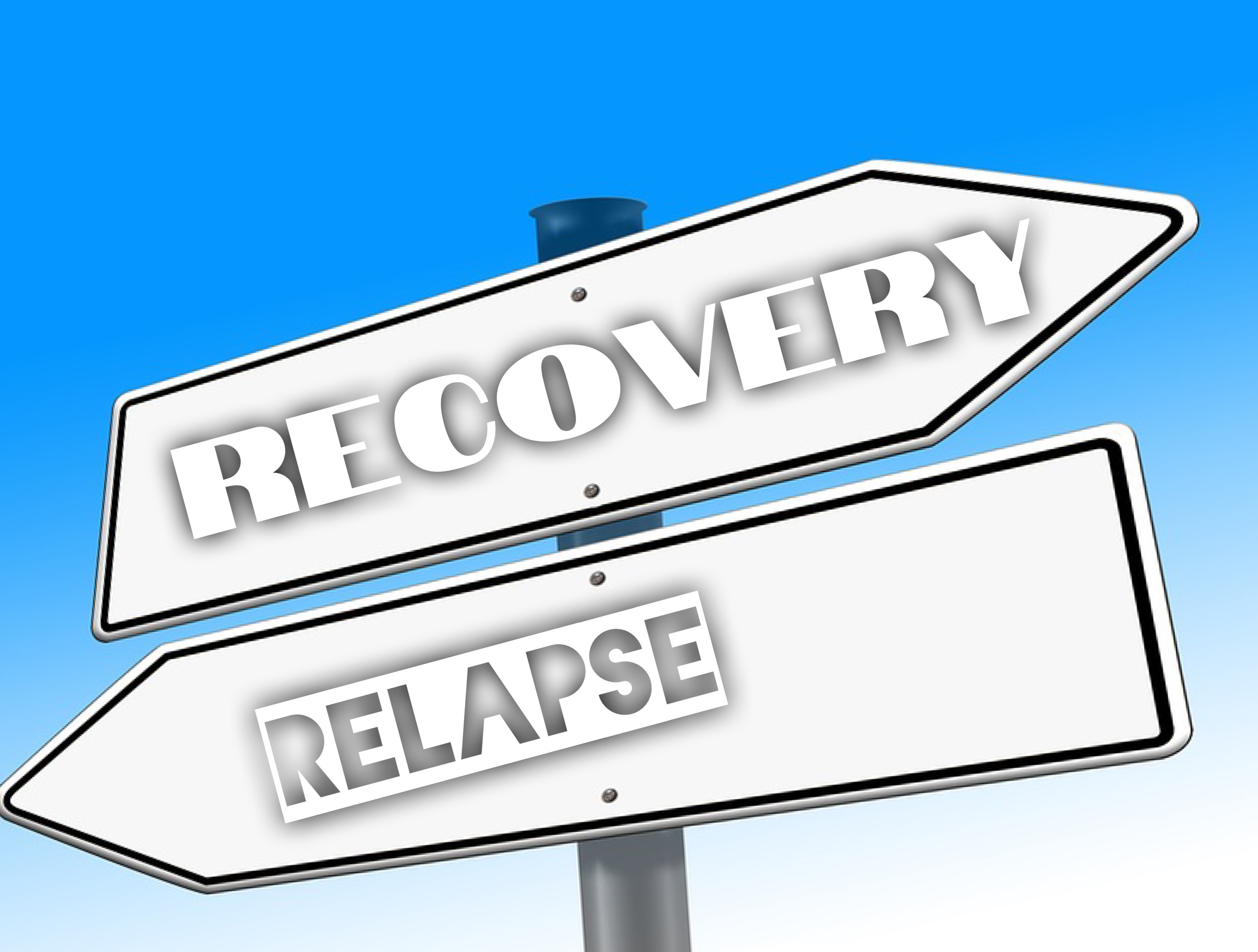
Warning Signs of Relapse
What are the warning signs of a relapse? Did you know that up to 90% of those in recovery are likely to relapse at least once over a four year period? The beginning signs of a relapse are subtle, but slowly increase. It’s important to understand each part and what to do.
There are many different triggers. Substance use disorder is unique to each person, just as each person’s triggers are unique.
- Stress
- People or places
- Post-acute withdrawal symptoms (anxiety, irritability, mood swings, poor sleep)
Relapse is a slow process with three stages, it doesn’t suddenly just happen.
-
Emotional
- A person isn’t necessarily thinking about using, but the presence of negative emotions sets the stage. Increased or high levels of anxiety, defensiveness, isolation, anger, etc. These emotions need to be recognized and addressed to allow for healing and continued recovery.
-
Mental
- In the early part of mental relapse, a person absently thinks about using. Later on in this stage that person is thinking and possibly fantasizing or planning when and how they’ll use.
- Warning signs for mental relapse are
- Hanging out with old friends that still actively use
- Lying
- Thinking about people, places and things a person used substances with in the past
- Glamorizing their past use.
This is where it is so important for the person in recovery to go back to one day at a time and tell someone close to them about the urges. Having support will be vital during this stage because it doesn’t take long to go from there to physical relapse.
-
Physical
- Using the substance.
As the stages of relapse progress, it is harder to turn back without the help of support and/or trained professionals. It’s important to focus on the recovery aspect to make it long term, as opposed to stopping yourself by some type of mental force. While abstinence is a great start, it doesn’t set the person up for long term achievement.
There are many different ways to combat mental health disorders and each patient is different. If you or someone you know is struggling with a mental health disorder, like depression or anxiety, please contact the professional team at Lifeline Connections. You can visit Lifelineconnections.org, our Services & Locations information or call (360) 397-8246 for more information.
Source: https://www.addictionsandrecovery.org/relapse-prevention.htm
1 Comment
Comments are closed.

White Label SEO
Awesome post! Keep up the great work! :)